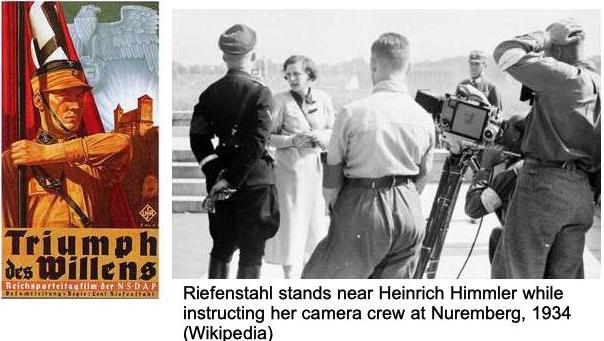Where to begin?!
One of the things that makes mythicism seem particularly implausible to me is precisely the claim that Christians just think there was a historical Jesus because they are biased in favor of his existence. The historical Jesus, a figure who (among other things) was mistaken about the imminent arrival of the kingdom of God that he predicted, who fostered hopes that he would restore the dynasty of David to the throne but was executed by the Romans, is not much of a comfort to the majority of Christians. Mythicists imagine Christians saying “Well, he was mistaken and a first-century figure that we can scarcely relate to, but I take great comfort in the fact that he existed.” That just doesn’t strike me as plausible.
McGrath, Religion Prof: The Blog of James F. 2019. “When Jesus and Mythicists Are Wrong.” Religion Prof: The Blog of James F. McGrath (blog). August 26, 2019. https://www.patheos.com/blogs/religionprof/2019/08/journal-of-gospel-and-acts-research.html.
It’s Trumpian.


